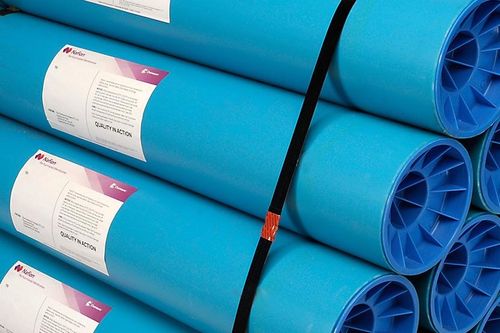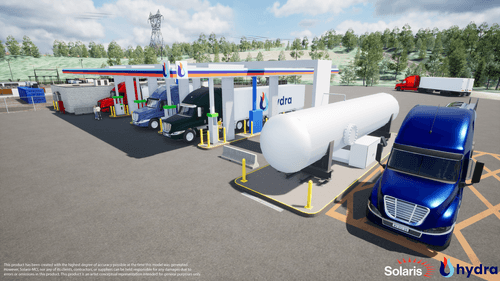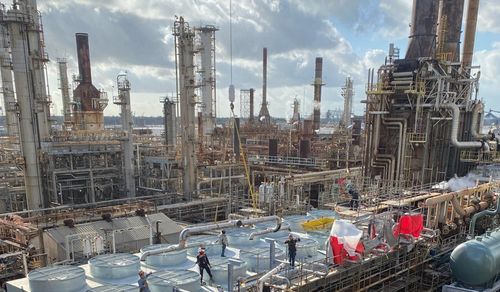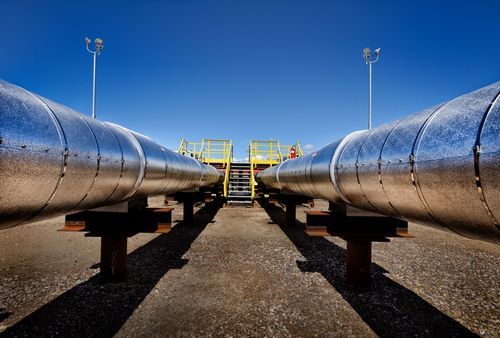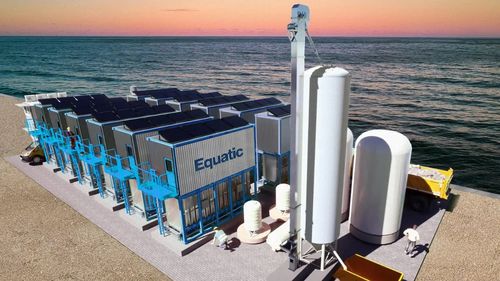Carbon removal company Equatic recently spun out from the UCLA Samueli School of Engineering’s Institute for Carbon Management to deploy the first technology combining CO2 removal and carbon-negative hydrogen generation, according to a news release.
Alongside the launch, Equatic is announcing that it has entered into a pre-purchase option agreement with Boeing, a leading global aerospace company. Under the agreement, Equatic will remove 62,000 metric tons of carbon dioxide and will deliver 2,100 metric tons of carbon-negative hydrogen to Boeing.
“The oceans are the world’s largest reservoir of carbon dioxide. One quarter of the world’s daily CO2 emissions are drawn down into the ocean,” the release states. “Equatic’s technology accelerates and amplifies this natural cycle to remove and durably store CO2. The entire removal and sequestration process happens within the boundaries of an industrial carbon removal plant, enabling Equatic to precisely measure CO2.”
Equatic currently operates two carbon removal pilots in Los Angeles and Singapore. One hundred percent of the CO2 removed from these pilots has been pre-sold, including via pre-purchase agreements with global payment solution provider, Stripe.
Equatic expects to reach 100,000 metric tons of carbon removal per year by 2026 and millions of metric tons of carbon removal for less than $100 per metric ton by 2028.
“Furthermore, Equatic will become a dominant producer of carbon-negative hydrogen — hydrogen created from processes that reduce atmospheric CO2,” the release states. “The hydrogen will be sold as a clean energy source to decarbonize industrial processes, produce electricity for the transportation sector, create Sustainable Aviation Fuels (SAFs) and fuels for trucking, and power the Equatic technology itself.”
Equatic emerges from UCLA with over $30m in initial funding including grants and equity investments from organizations such as the Chan Zuckerberg Initiative, the Anthony and Jeanne Pritzker Family Foundation, the Grantham Foundation for the Protection of the Environment, the National Science Foundation, YouWeb Incubator, The Nicholas Endowment, Singapore’s Temasek Foundation, PUB: Singapore’s National Water Agency, and the U.S. Department of Energy’s Office of Fossil Energy and Carbon Management, and the U.S. Department of Energy’s Advanced Research Projects Agency-Energy (ARPA-E).


